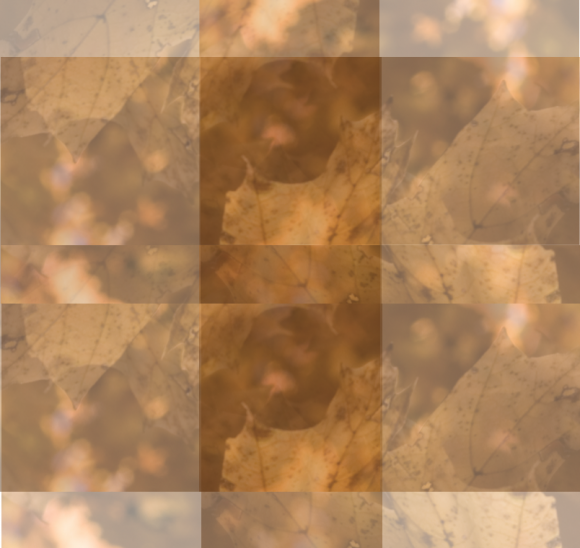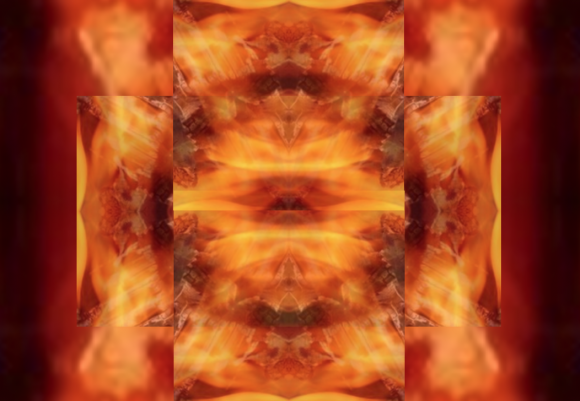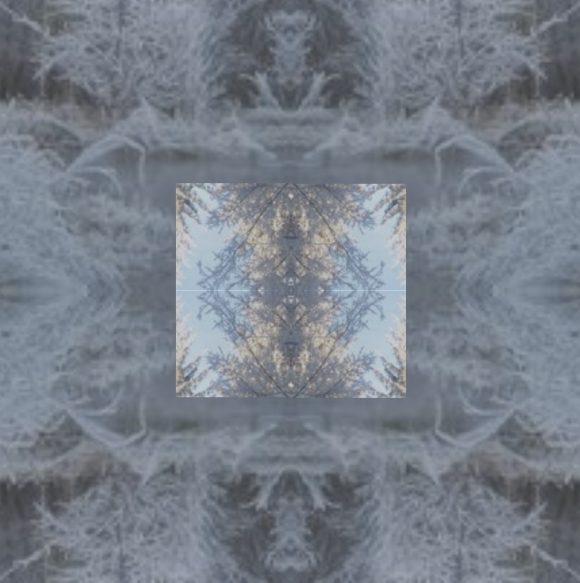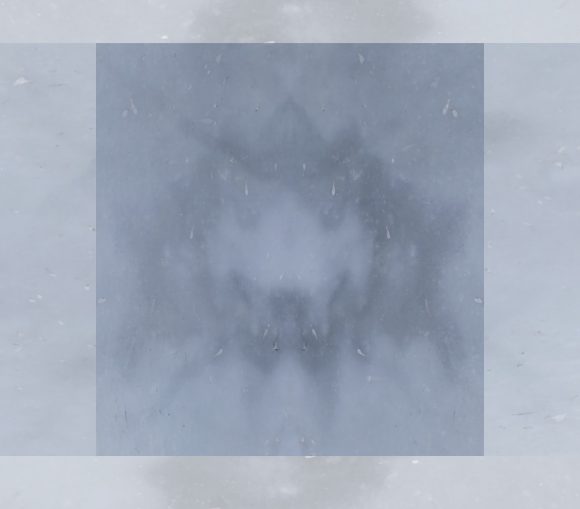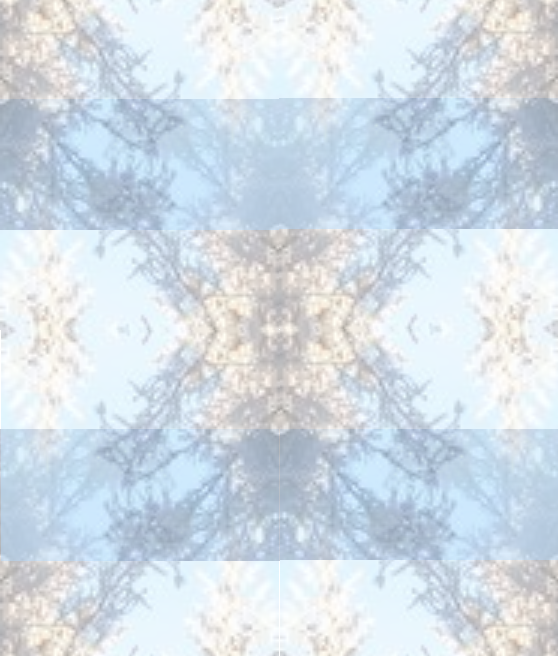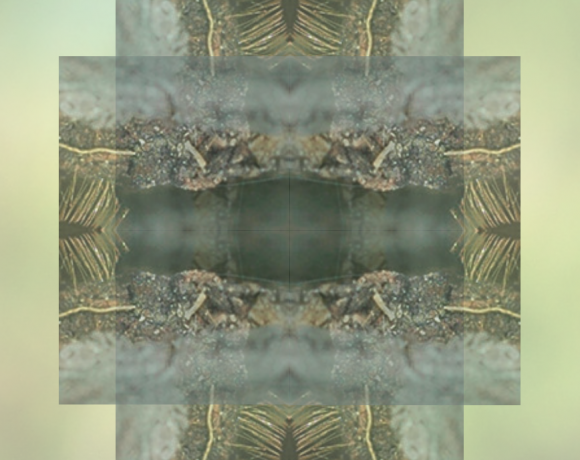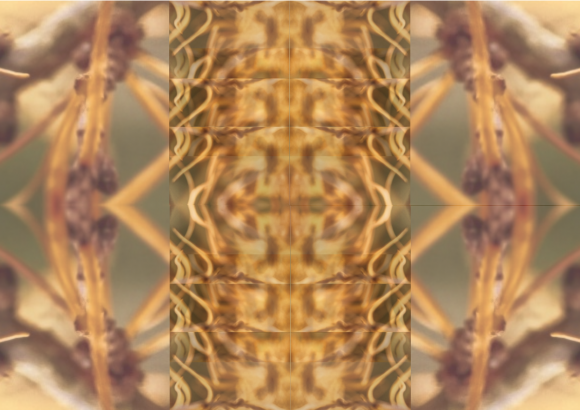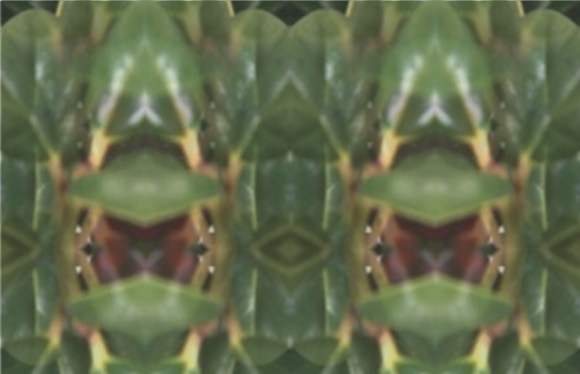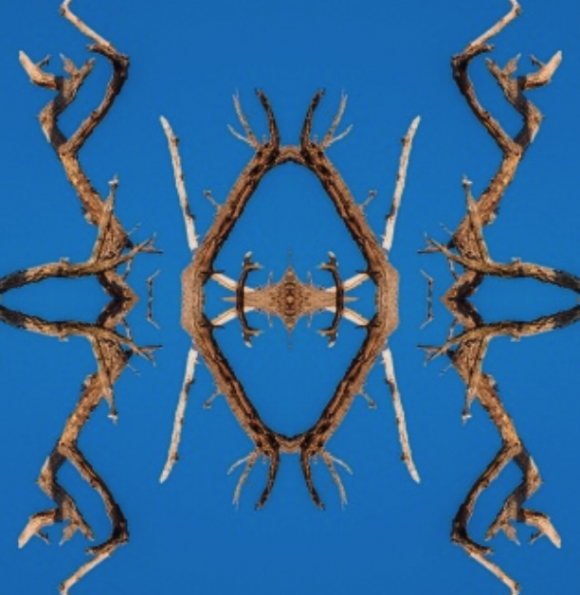
I have started to look at Hillman’s suggestion that the ego, rather than casting a shadow, is itself cast by the latter; and I have noted that this suggestion comes within a larger endeavor on his part to re-interpret the whole notion of the ego. Let’s dive a little deeper into Hillman’s account of the ego, then. 1. The ego is one of multiple complexes that exist within an individual human being...

